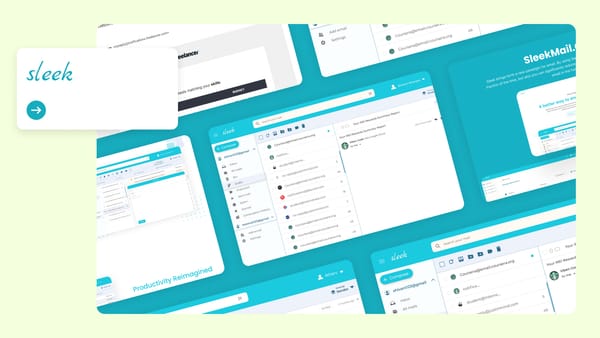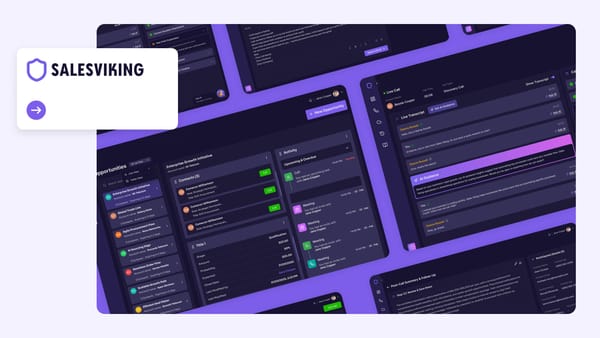Predicting Player Lifetime Value with Generative AI

Enhancing Customer Retention and Profitability in Casinos
Overview
The legal gambling and casino industry is a highly competitive market with relatively low switching costs for customers. With the proliferation of online casinos and sports booking platforms, understanding and maximizing customer lifetime value (LTV) has become increasingly important. Key strategies for customer acquisition and retention in this industry include customer referral bonuses, new customer incentives, and loyalty rewards programs, all tied to monetary value. An intelligent evaluation of these strategies in terms of their impact on LTV can significantly enhance profitability.
Problem Statement
In gambling and casinos, a small percentage of customers often contribute to a large portion of the revenues. For instance, studies have shown that the top 20% of customers can account for over 80% of revenues. Despite the availability of various retention strategies, identifying and retaining high-potential customers remains a complex challenge. Understanding the ROI of customer loyalty and acquisition initiatives is crucial, but isolating the core drivers of LTV is notoriously difficult.
Solution Overview
Generative AI offers a sophisticated solution for predicting player lifetime value in the gambling and casino industry. By analyzing historical player data, player attributes, and other relevant information, AI models can identify patterns associated with player value and risk. This involves using machine learning techniques to synthesize data and highlight behavioral patterns, seasonal effects, and the impact of promotional offers. Such insights can greatly enhance the accuracy of LTV predictions, enabling businesses to make informed decisions on customer prioritization and resource allocation. From a technical perspective, implementing a GenAI solution requires creating a comprehensive dataset of player information including demographic data, betting behaviors, transaction history, and promotional engagement. This dataset is then used to train machine learning models that can predict future LTV based on historical trends and player attributes. Tools like neural networks and deep learning can be particularly effective in capturing complex, non-linear relationships within the data. The business implications of this AI-driven approach are profound. By accurately predicting LTV, casinos can identify high-potential customers early on and tailor their retention strategies accordingly. Targeted promotions and personalized incentives can be deployed to engage valuable players and enhance their loyalty, thereby increasing retention rates. Moreover, understanding the drivers of LTV helps in optimizing marketing spend and improving the ROI of customer acquisition and loyalty programs, ultimately driving higher profitability.





